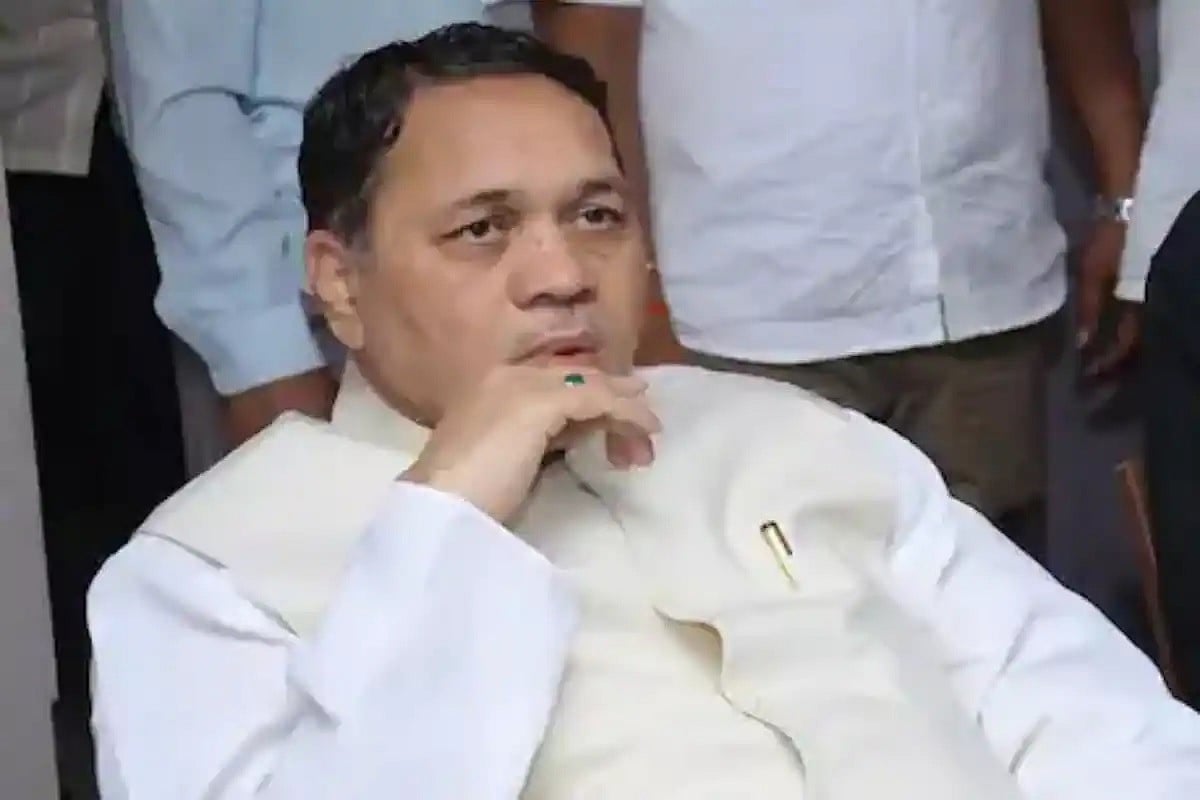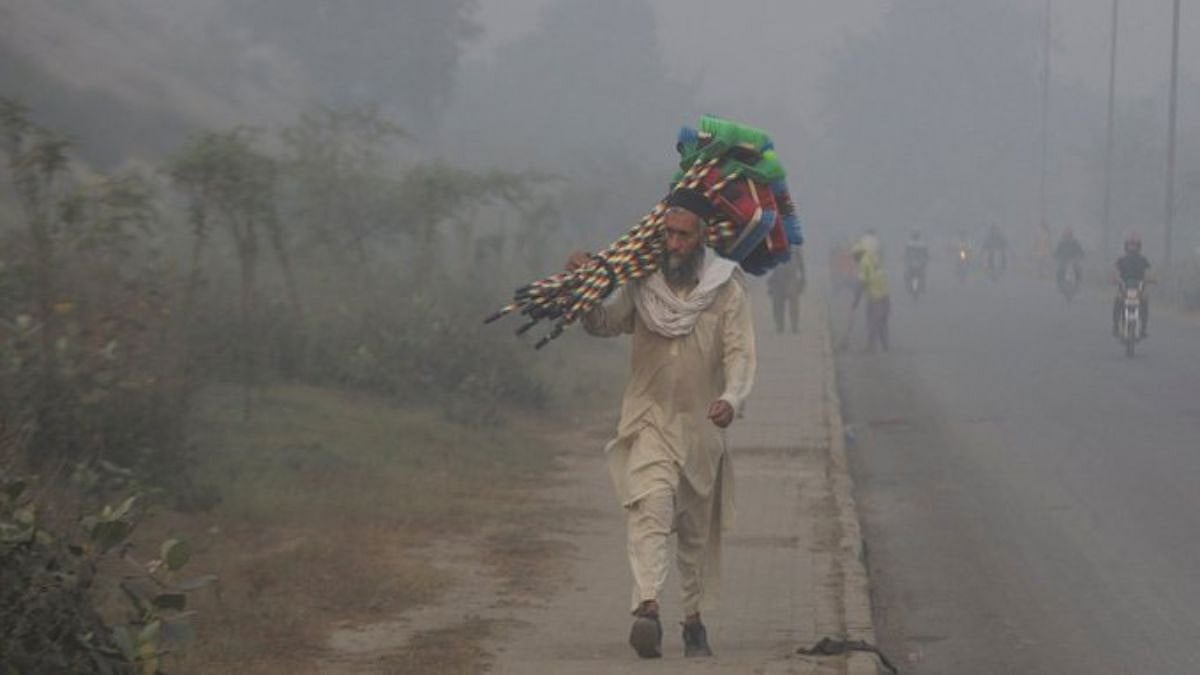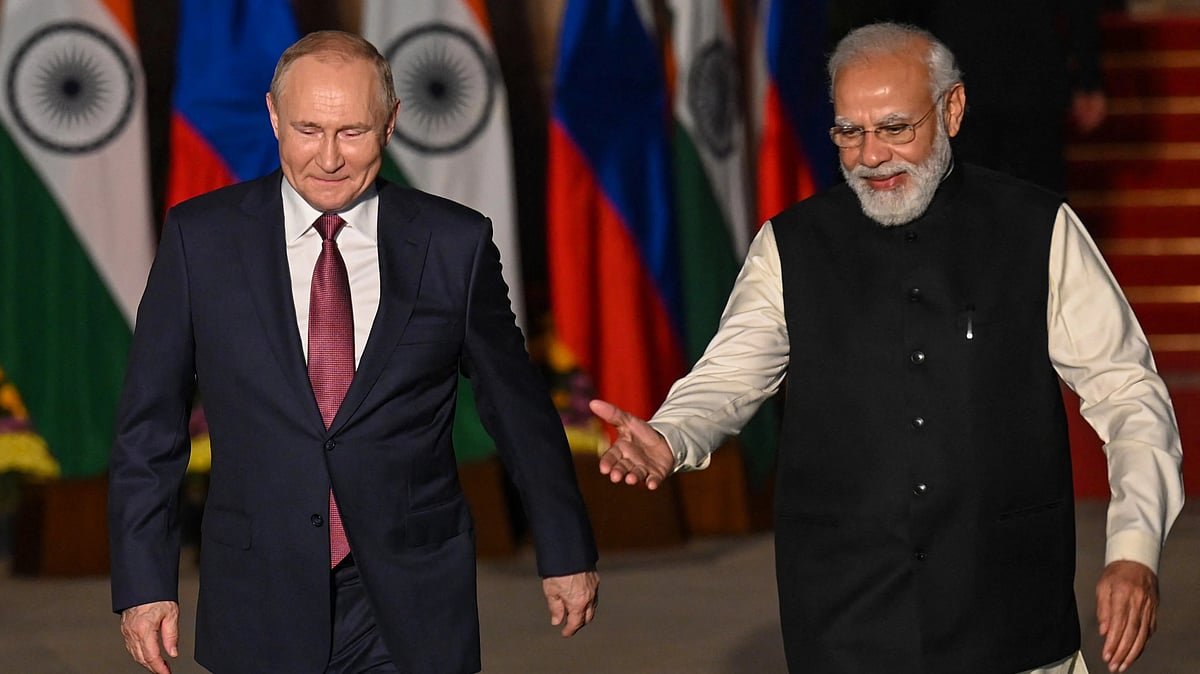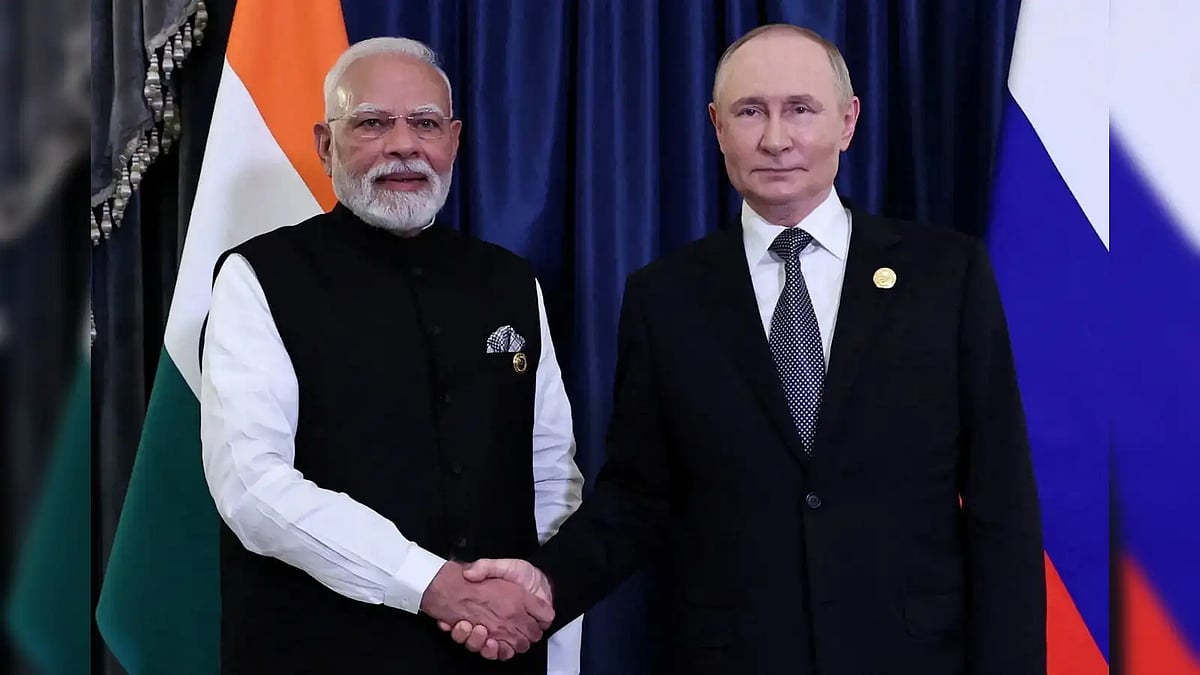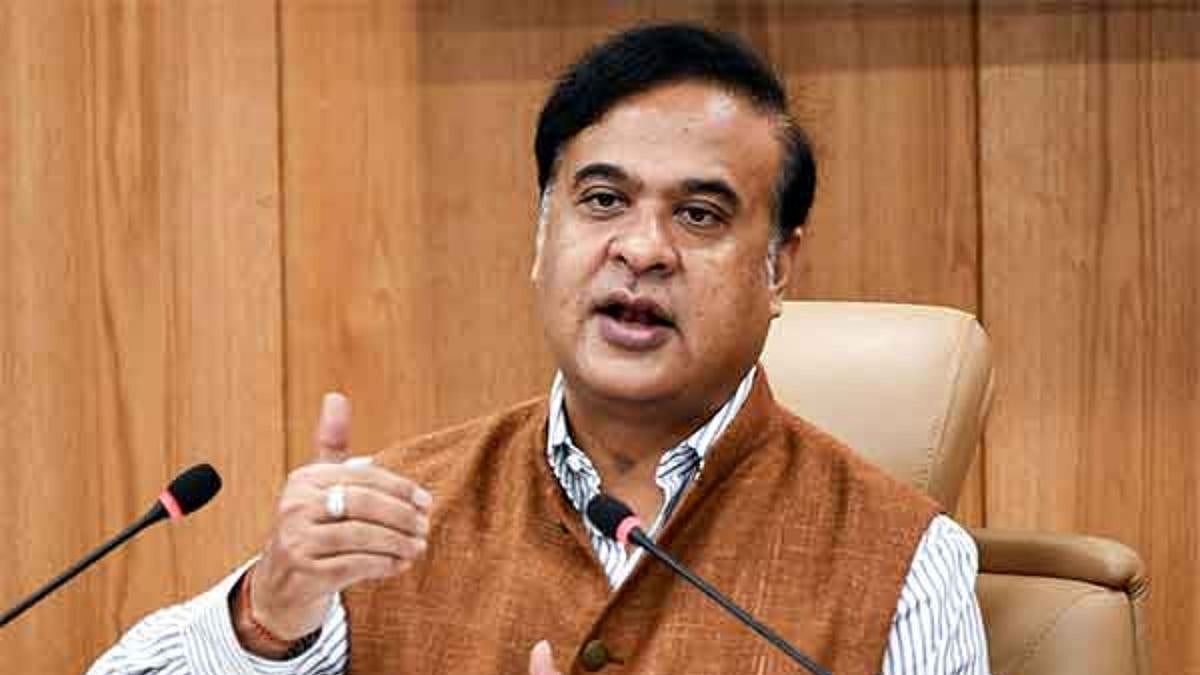After the man in khaki, Vazegate this week claimed the man in khadi. Hanging in the balance is the million-dollar question or rather the Rs 100-cr question. ‘Sawal sau khoka’ in Mumbai gangland lingo; one ‘khoka’ being Rs one crore.
Going by the man in khaki, deposed Mumbai police chief Param Bir Singh, the said sum was to be squeezed from Mumbai’s watering holes on the orders of the man in khadi, Anil Deshmukh, who finally had to step down as Maharashtra’s home minister.
His replacement, Dilip Walse-Patil, promises to usher in probity and transparency and to re-orient the police force as a service provider. He also promises not to meddle in matters such as transfers that are best left to police chiefs.
Brave words. Now, if the minister means what he says, key postings must go to clean and competent officers, and not to men such as Param Bir Singh and Sachin Vaze who made a mockery of due process.
Image-building
Due process or going by the rule book is the old-fashioned way of doing things but in the long run, it is the best way to control crime, maintain law and order and improve the image of the force.
In a disciplined force such as the police, much depends on the officer at the top. And even more on whether he/she is given functional autonomy. The buck, of course, stops with the home minister, which is why Walse-Patil needs to follow up with brave deeds.
Often it takes a crisis for politicians to choose the best man for the job. The riots after the demolition of the Babri masjid followed by the serial blasts in Mumbai was one such occasion. The reputation of the city police was in tatters, worse, they were seen as partisan.
Mohalla committees
Enter Satish Sahney, Sharad Pawar’s choice. The soft-spoken commissioner healed the delicate police-Muslim relationship through a series of low-key grievance redressal sessions. On the other hand, he impressed upon his men the importance of winning the trust of all communities. The police-public mohalla committees he constituted in communally sensitive localities to nip trouble in the bud are still in existence.
Sahney brought back memories of Julio Ribeiro, who endeared himself to the police force as well as to the public in the eighties. Ribeiros and Sahneys exist in the Maharashtra police but are languishing in insignificant postings.
Take the case of Shivdeep Lande, the ‘Singham’ of Patna, who has been reduced to an errand boy of the establishment ever since he came to Maharashtra on deputation. Take the case of Sanjay Pandey, a ‘Singham’ even before the movie was made, who has been driven to desperation. Take Y P Singh, who took on the high and mighty but had to quit in frustration.
Officers of integrity
Once the crisis is over, it is business as usual for the politician.
Walse-Patil needs to replace officers with questionable integrity with those who are above board. In Mumbai, this exercise is urgently needed from the deputy commissioner rank upwards. That’s the kind of rot that has set in, a case of the bad driving out the good. It’s all there in former state intelligence chief Rashmi Shukla’s report, which is about officers buying postings using politically connected touts.
Instead of vilifying her, the Maha Vikas Aghadi should reflect on why opposition jibes sting. Let alone opposition parties, the Bombay high court ticked off the Maharashtra government. Ordering a preliminary CBI probe into allegations against Deshmukh by deposed Mumbai Police Commissioner Bir Singh, it remarked: “The Constitution envisages rule of law and not rule of goons having political support.’’
Walse-Patil, seen as the NCP’s crisis manager, admits that the image of the police force has taken a beating. That had to happen in a system where scum rises to the top, where the dishonest are not punished and the honest are not rewarded.
Look at the ‘bahubalis’ that are being protected. None of these lawbreakers can become lawmakers if the police are allowed to do their job, which is to crack down on all illegal activities, not collect ‘hafta’ from them.
Priorities for new HM
The new home minister’s priorities include implementation of the Shakti Act for perpetrators of crimes against women and children, fast-tracking police recruitment and expediting the construction of one lakh houses for policemen.
Walse-Patil could have added revamping and empowering the Anti-Corruption Bureau and promoting people-friendly policing programmes such as the police complaint tracking system initiated under K Venkatesham as Pune commissioner.
There was not a word about police reforms in Walse-Patil’s first press briefing as home minister. Maharashtra’s record in blocking and subverting the Supreme Court-supported police reforms is no better than that of the cow-belt states it looks down upon.
Police Complaints Authority
Take the Police Complaints Authority (PCA), which is an independent body to inquire into complaints by the public against police personnel, involving allegations of serious misconduct, corruption and abuse of authority.
In Maharashtra, there is one PCA at the state and six at the divisional levels; in Nashik, Pune, Aurangabad, Nagpur, Amravati and Konkan. Except for the one at Pune, all others are non-functional.
The state-level PCA comprises of a retired high court judge, a serving IPS officer from the office of the Additional Director-General (Establishment), a retired IAS officer, a retired IPS officer and an eminent member of civil society.
According to the Public Concern for Governance Trust, whose interns attended its hearing for three months when it was functional, the judge never showed up, the police officer rode roughshod over the complainants and the civil society member was silent throughout. The report the authority was supposed to table in the assembly was never submitted. In any case, the report is not binding on the government.
The new state PCA has not been fully constituted. Last heard, the home department was probing allegations that Rajkumar Dhakane, a toll contractor who was named as the ‘eminent member of civil society’, was facing a charge of attempt to murder.
With this being the state of affairs, Walse-Patil may not be able to correct all the wrongs but he can certainly start by making the Maharashtra police more accountable to the public that it is paid to serve.
The writer is an independent journalist based in Mumbai. He invites feedback on anilsinghjournalist@gmail.com
